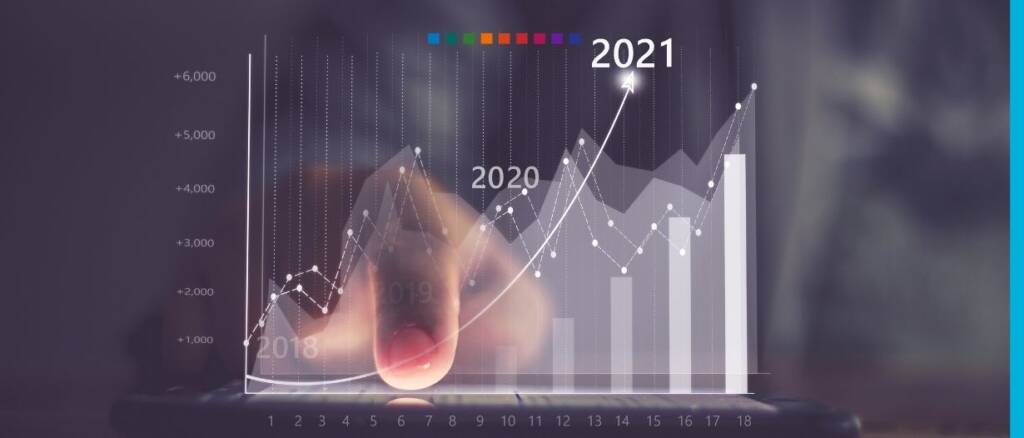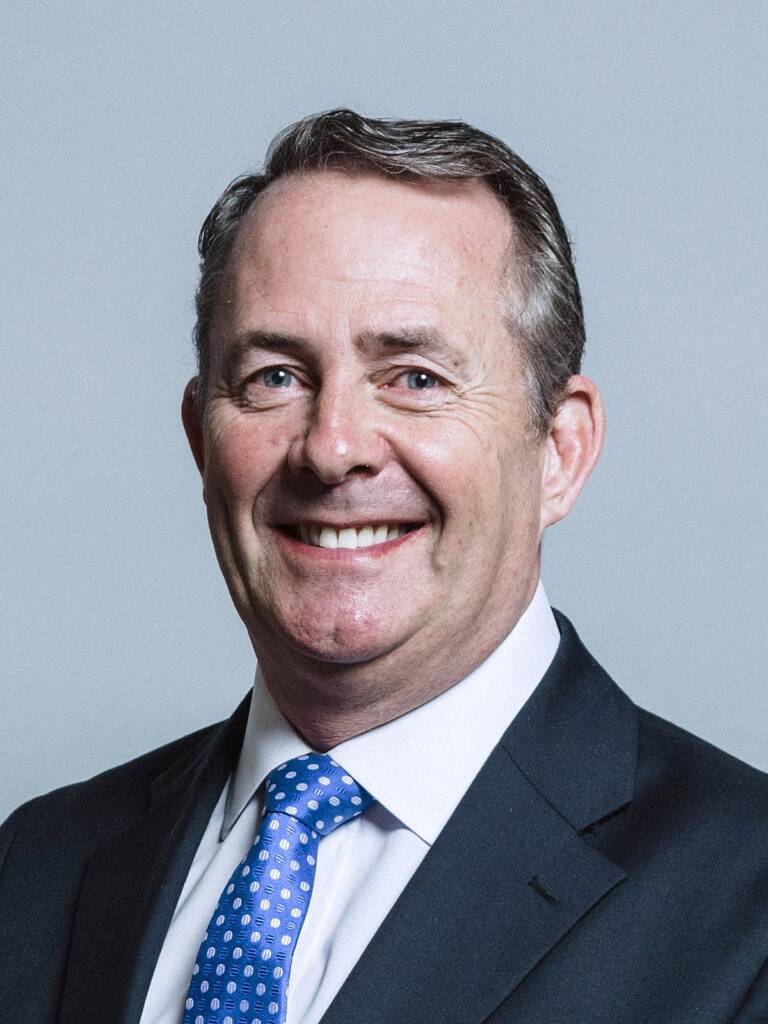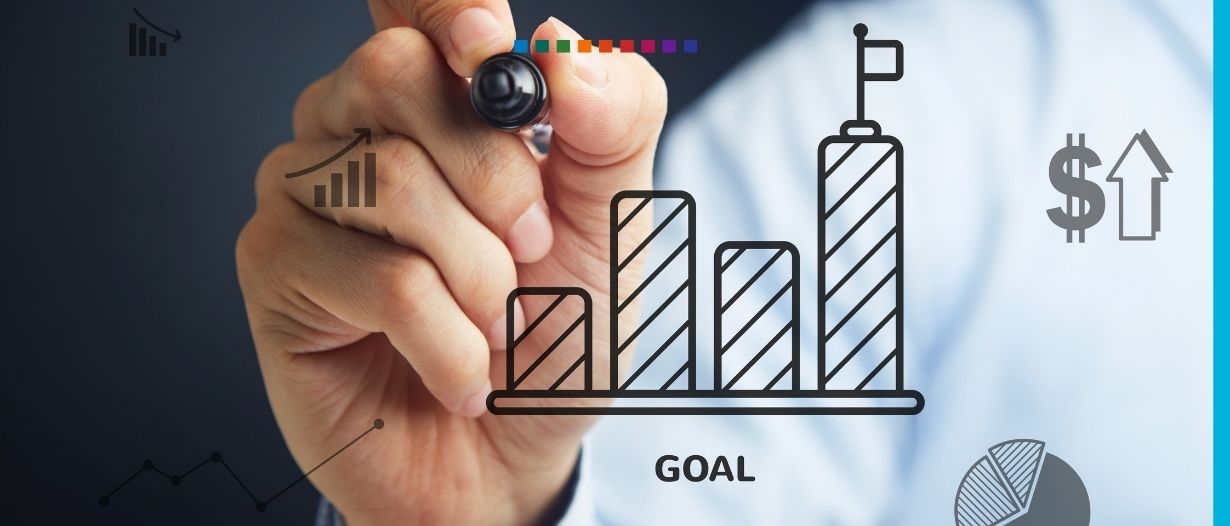Dr Liam Fox today warns that the World Trade Organization must seek new solutions to help businesses in developing countries to overcome barriers to international trade.

He believes domestic reform and integration into the global trading system are more effective at increasing global prosperity than development finance.
Speaking shortly after going through to the second round of the selection process to be the next Director General of the World Trade Organization, he said the organization needs to work smarter.
Most developing countries’ growing businesses are small and medium sized. Globally, they make up 95 per cent of all businesses and account for 60 per cent of employment, with many officially classed as microbusinesses.
However, the latest research from the WTO reveals they comprise of little over seven per cent of developing countries’ exports, less than half of larger companies. Recent research in over 130 countries by the International Trade Centre also reveals 55 per cent of small businesses have been badly affected by the global pandemic, compared to 40 per cent of large companies. A fifth of SMEs say they have to close over the next few months.
Restrictions caused by limited supply chains, poor cash flow and inadequate access to capital all prevent developing countries’ best businesses from growing by tapping into global demand.
Dr Fox said this was a pressing issue for every trade minister he has met. He added:
“We must integrate low income countries and ensure the benefits of growth are equitably distributed. Shared global prosperity means that developing countries, especially the poorest, must be fully integrated into the rules-based international system. When the WTO has delivered, and where trade has flourished, it has created prosperity far beyond what any amount of overseas aid could accomplish.”
Integration must be backed up by more intelligent help for developing countries, including better access to research and insight, and a smarter way of analysing the relative strength of countries’ economies.

Dr Fox explained:
“I believe that there is more that we can do to help small and vulnerable economies by using our data better. For example, if you are a small island state you may well be a medium income economy, measuring income as GDP per capita, the day before a hurricane or a cyclone yet be a very low-income economy the day after.
“Surely it makes sense to use data on a rolling basis, such as a five-year cycle, to diminish the unpredictability and disruption that these events can bring to such Members?
“We need to continuously seek pragmatic solutions to deliver pragmatic analysis and information for the benefit of all Members, societies and businesses. Not only would this provide a more stable basis for planning for the governments concerned, with predictability on issues like trade preferences, but it would also create a much more stable environment for investment.”
The UK Prime Minister Boris Johnson nominated Dr Fox to be a candidate to replace current Director General, Roberto Azevedo, who stepped down after seven years in charge.
Dr Fox is campaigning to restore the credibility of the WTO at the heart of the rules-based trading system, reform its Appellate Body, deliver genuine gender equality by ensuring that at least half of his top team are women and work more closely with other international organizations.
Dr Fox has published an updated version of his campaign pamphlet, outlining his plans to reform and re-invigorate the World Trade Organization, which can be found on his campaign hub.























